-

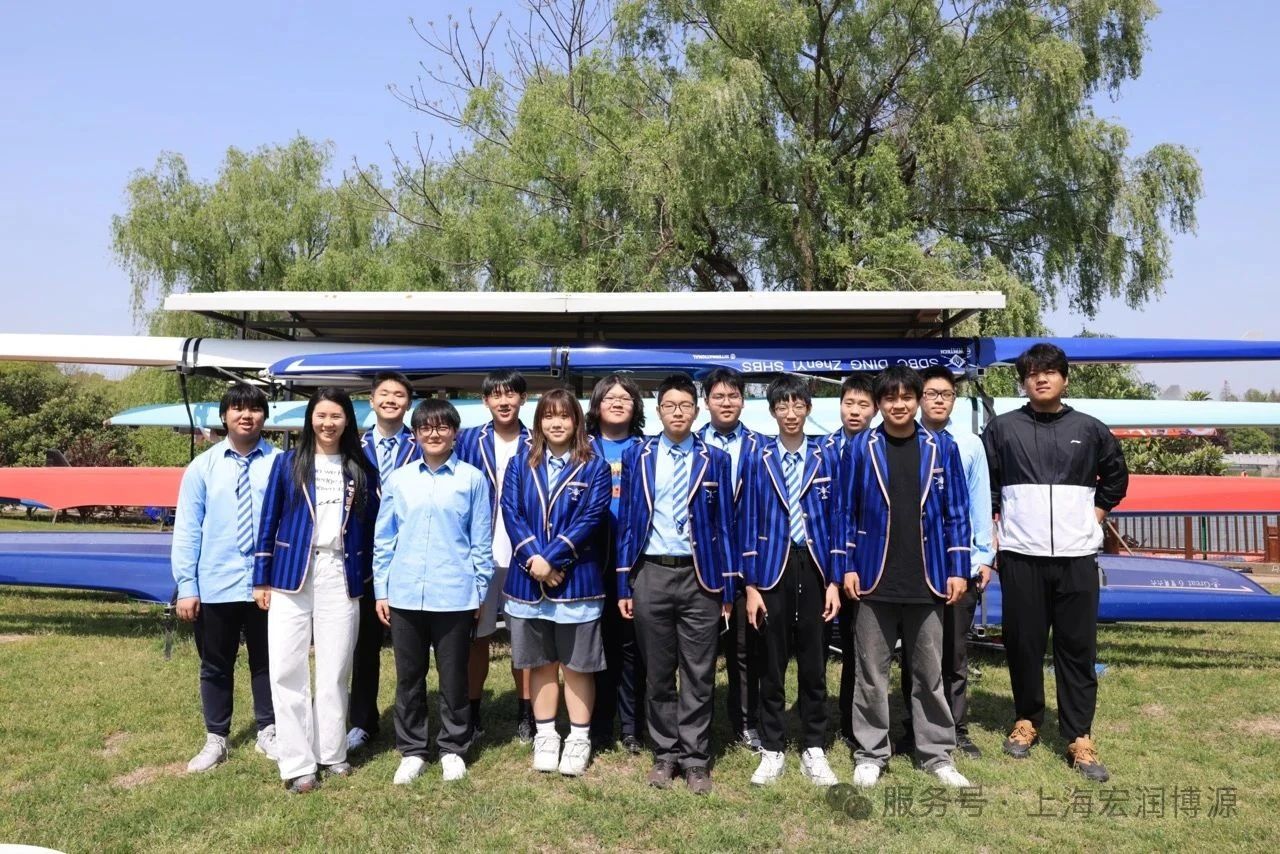 Hongrun Boyuan High School Rowing Academy | Shaping Youth Rowing Teams and Future Leaders2025-06-20
Hongrun Boyuan High School Rowing Academy | Shaping Youth Rowing Teams and Future Leaders2025-06-20 -

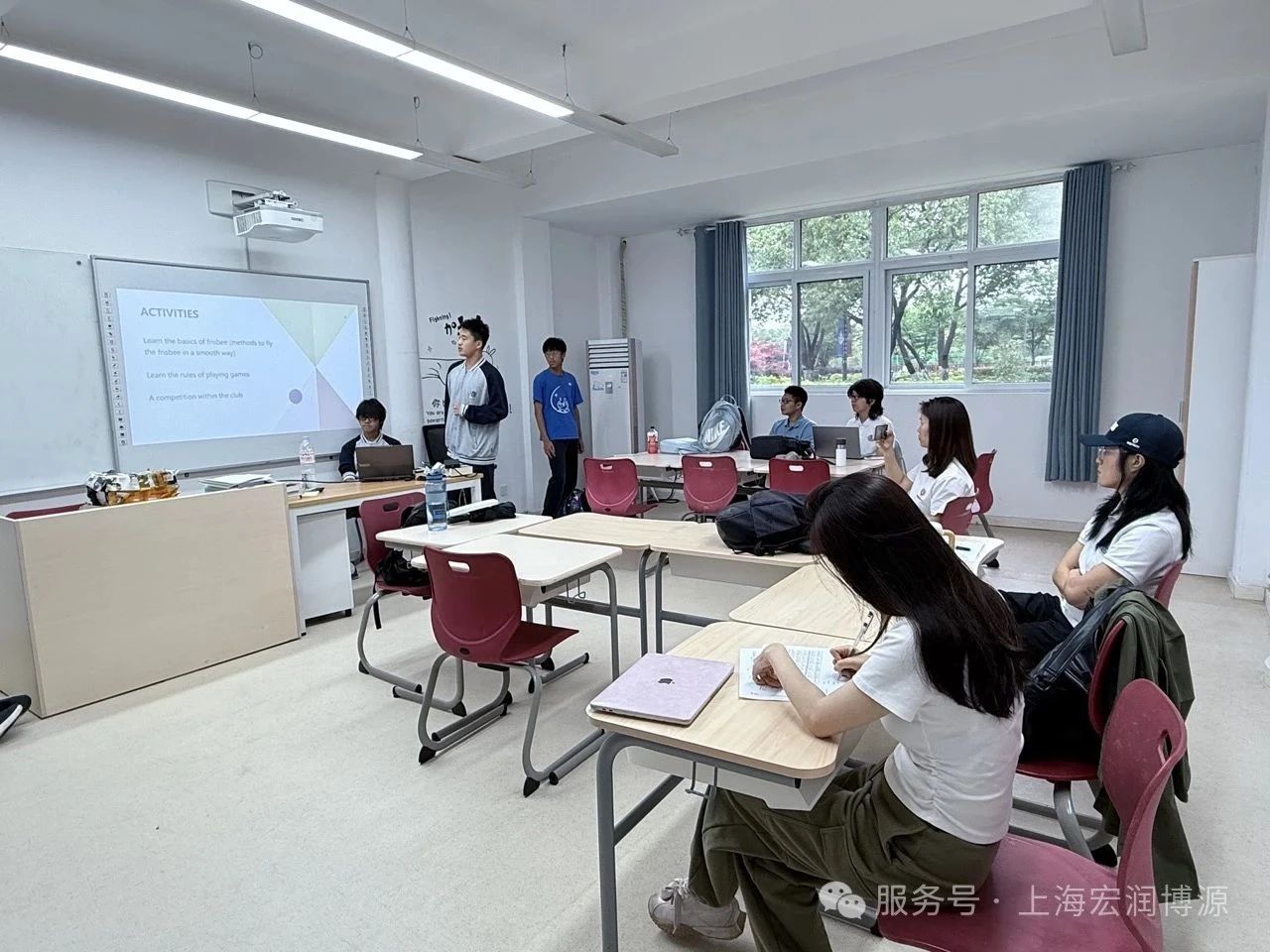 Hongrun Boyuan High School Event | A Flourishing of Talents and Vibrant Energy: 2024–2025 Second Semester Club Summary Report2025-06-18
Hongrun Boyuan High School Event | A Flourishing of Talents and Vibrant Energy: 2024–2025 Second Semester Club Summary Report2025-06-18 -

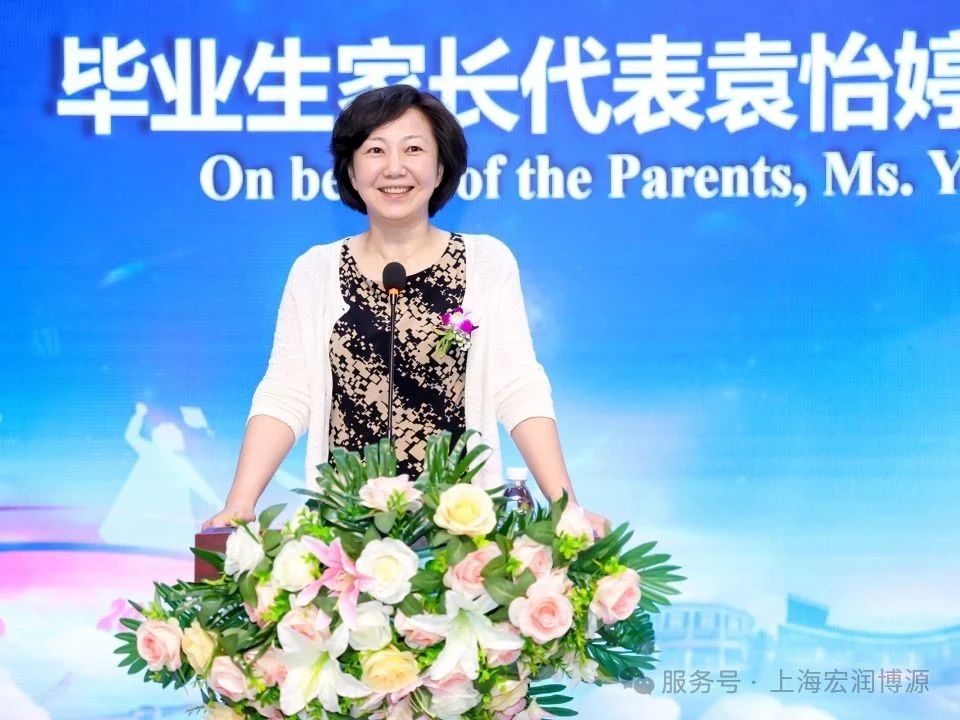 Commencement|Speech by Ms. Yuan Yiting, Parent Representative of the Graduates2025-06-06
Commencement|Speech by Ms. Yuan Yiting, Parent Representative of the Graduates2025-06-06
- 2024-06-15
- Views:1239
TEDxSHBS Youth
“
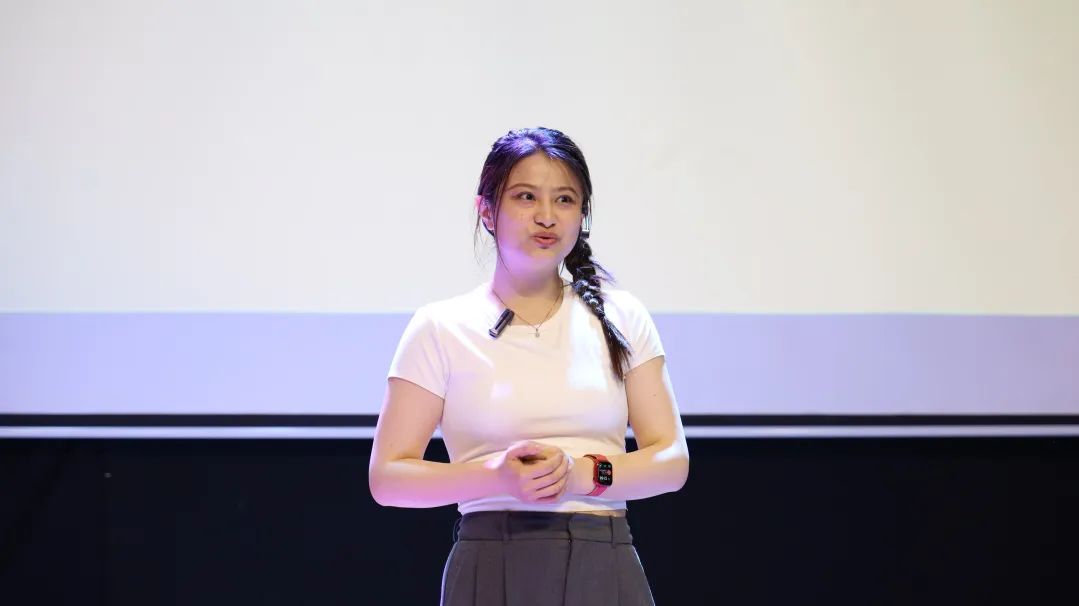
Hello, everyone! I'm Xu Zihan.
Every time I get to this part of my introduction, I get stuck. It's hard to for me, who lives more by perception, to summarize my unconventional life in just a few sentences. The other day, my alma mater, Fudan University, finally remembered me five years after I graduated and sent me a certificate. I said, "Well done, Fudan University, one of the 10 universities in the Chinese Top 3 University Club!" The certificate says, "Xu Zihan (Chemistry) has made outstanding achievements in music," which is an absurd yet highly accurate summary of my 26 years of life. After years of intense academic cramming, I finally got into a prestigious university, only to become a musical theater actress after graduation, much to the surprise of the teachers in its career service center.
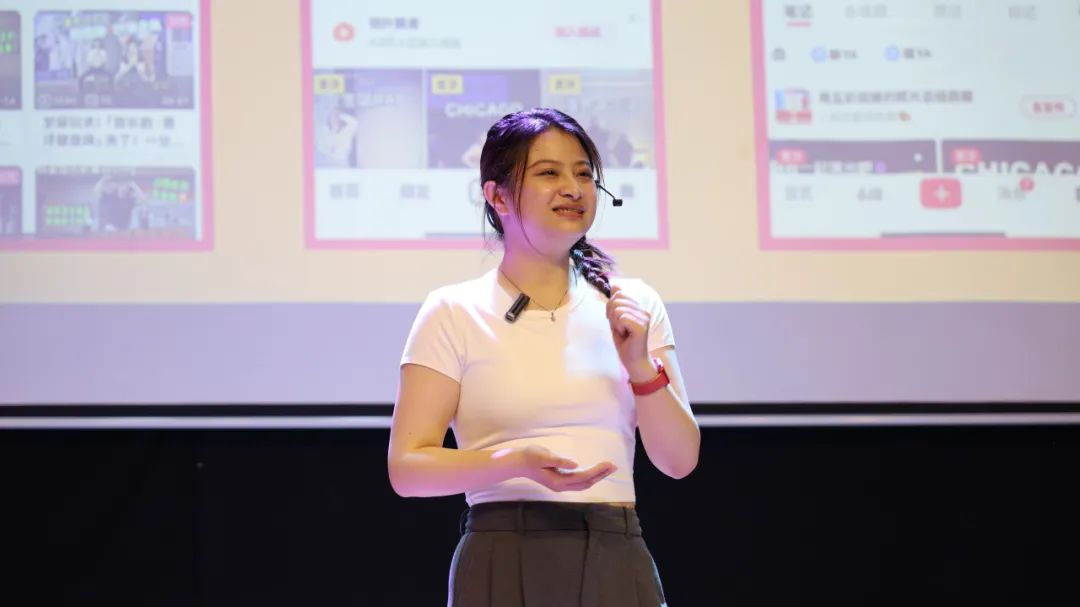
Although my story sounds unconventional, I had always been a very obedient child. While others were forced into the rat race, I joined it voluntarily. My main motivation for "studying hard and making progress every day" was "fear." Fear often dominated my life. Before every exam, I would imagine the worst scenario and constantly say, "Oh no, I'm going to fail," only to end up with decent scores, much to the annoyance of my classmates. I also feared that my speech would have flaws and be criticized, so I habitually thought a lot to ensure my logic was flawless. Even when I decided to switch from chemistry to performing arts, I first posted my singing videos on social media, waiting for positive feedback from the market before I dared to make the leap.
I originally thought the biggest change in my life was switching careers, but the real disaster struck when I joined my first musical theater troupe. Acting became my biggest obstacle on the path to becoming a respected artist. Here are some perplexing quotes from my director: "You're acting angry, but you're not truly angry," "You're just performing yourself, you're not connecting with your co-actor," and "Stop thinking, feel! Feel!" Is this even human language? In the musical theater troupe, for the first time in my life, I became a "bad student." Too embarrassed to cry in the rehearsal room, I would run to the bathroom to shed my tears. The tears on the bathroom floor were a testament to the misguided decision I made when I chose to change careers. I used all my knowledge to create a program for my character's actions and emotions, thinking this standardized approach would be foolproof, but the harder I worked, the worse it got. The director's scolding intensified.
Then, I met a playwright who, like me, was a rational thinker. She gave me an interesting piece of advice: "Try shifting your focus away from yourself and onto your relationship with your co-actor." Okay, when I tried it, I realized I was too scared to do it. Shifting my focus from myself felt like losing control of my performance, actions, and emotions. It felt like being told to let go of the safety rope while hanging on the outside of Shanghai Jinmao Tower. Even though you know you probably won't fall, instinctively, you feel terrified. It took a lot of mental preparation for me to dare to let go on stage. Risking a figurative death on stage, for the first time, I shifted the focus from myself and let my body operate on instinct, and OMG! That day, I had an incredibly powerful and unforgettable performance experience! I felt my spirit flow within my body for the first time! It was as if a knot in my brain had been untied! I could clearly sense the emotions hidden in every word my co-actor threw at me. I even got angry! How absurd! For the first time, I consciously felt my own genuine anger! Since then, my primary criterion for judging my musical performance is whether I focus on my co-actor. If I can comment on how my co-actor performs, it means I do well. If I have no impression of what my co-actor does, then my performance must have been terrible.
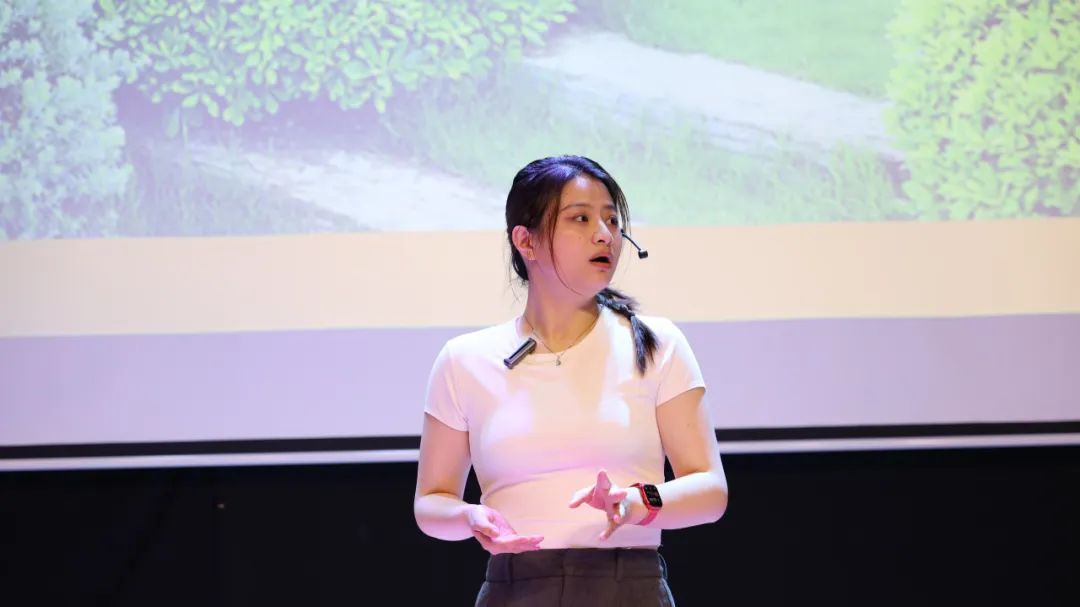
I know many of you may feel like you're hearing nonsense, just like I did when I first heard those words from the director. So, let's put it in a context closer to everyone's daily life. Most of the education we've received since childhood is "rational reasoning." This isn't just limited to science but also applies to humanities subjects like Chinese or English, where we learn more about literary criticism and linguistics. Our education on "emotional awareness" has been relatively lacking. Although "emotion" is a human, or rather an animal, instinct, years of rational education and discipline have made highly educated people overly reliant on rational judgments. A lot of mental energy is trapped in thinking and analyzing, leading to a decline in emotional cognitive ability over time. We often talk about "mental exhaustion," which I believe is due to the mind being stuck on the same issue for too long, unable to perceive the changes in the surrounding world. Anyone who has experienced "mental exhaustion" knows it's an agonizing feeling. I, too, am plagued by "mental exhaustion." A friend who studies psychology suggested that when I feel anxious, I should look around and identify the colors of various objects to help me realize I'm still in a real world, away from the isolated island of my own mind. This is very similar to the acting advice of "shifting focus to the relationship with your co-actor." It's about feeling connected to the world, breaking out of the individual thought prison, and allowing yourself to "lose control," giving your mind some relief.
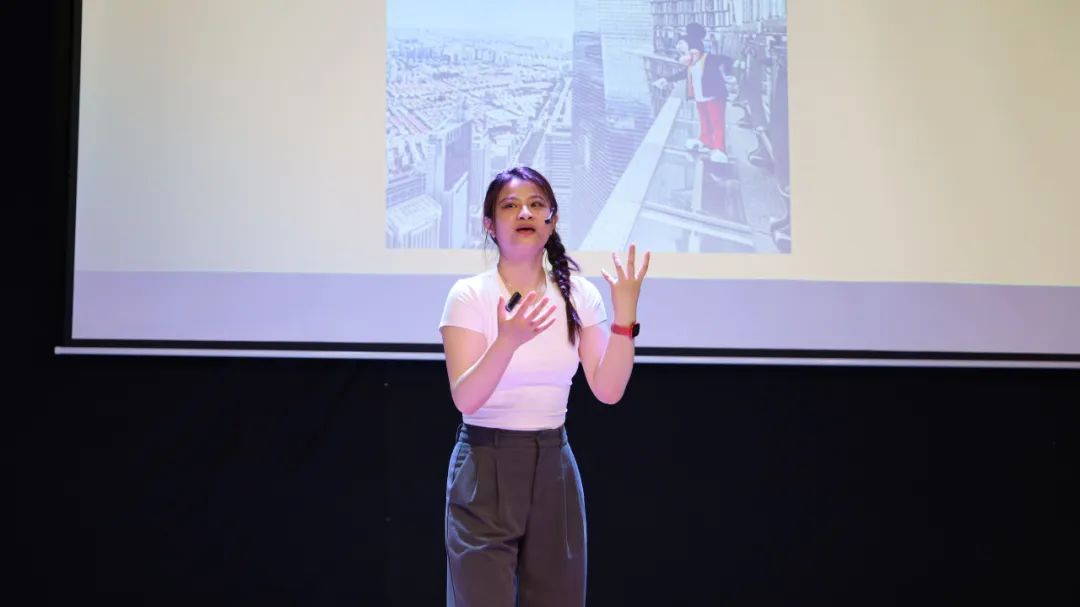
Now that the serious discussion is over, let's return to the whimsical tale of my life. After entering the performing arts industry, I met many actor friends, some of whom altered my understanding of the human species. They use 99.5% of their energy to experience, love, hate, and live life to the fullest, while the remaining 0.5% ensures they don't wake up in a forest the next morning. It's a lifestyle that commands respect—no strict rules, no right or wrong, just a strong focus on their experiences and feelings. Their lives are filled with "I want" and "I don't want," which sounds abstract. For example, if I got hit by bird droppings on the road, I would think, "I got hit because there are many trees and birds here; I should avoid this road next time." But my actor friend would simply say, "WTH, I hate birds." That's the difference. If I got hit by bird droppings, would I be angry? Of course, but my education makes me immediately jump to "Why did this happen?" and "How can I avoid it next time?" bypassing my emotions, my experience, and the sensation on my scalp at that moment. In contrast, my actor friends may not rush to a solution; their responses are more immediate and instinctual. Sometimes I wonder if this is what I'm truly missing.
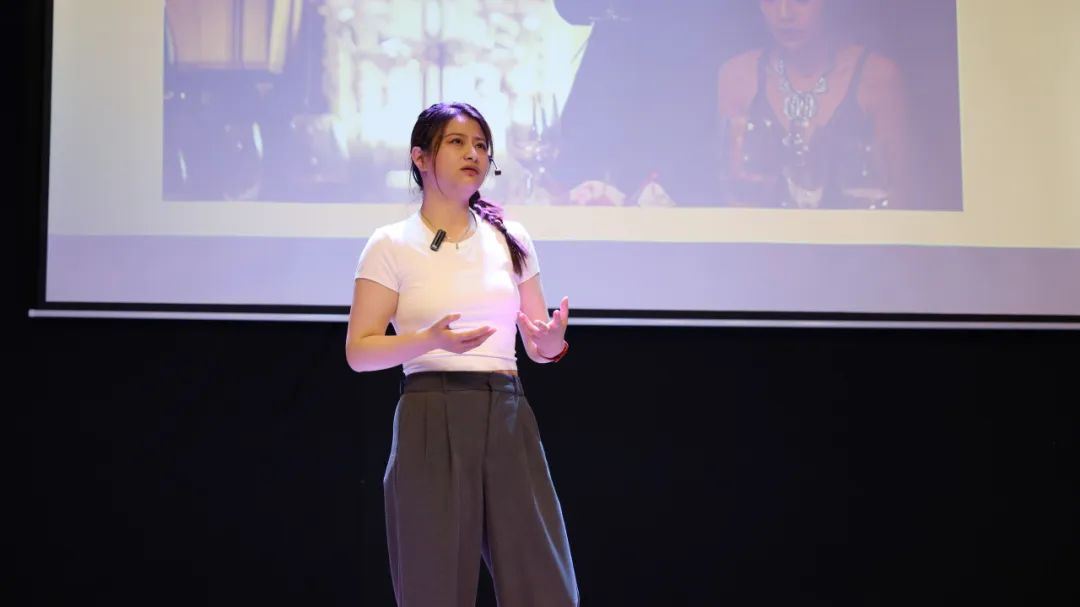
I once read an article discussing why the incidence of mental illness is higher among Generation Z. It said that our generation has limited connections with the world. We grew up in apartment buildings and spent most of our childhood and teenage years in classrooms. Our strongest connection with the world might come from social recognition through academic achievements and career success, but social recognition is highly unstable. Things that were highly praised a few years ago may become worthless in a few years. When the evaluation system based on social recognition collapses, our connection with the world is severed, and mental illness manifests as a result of this imbalance. After entering the performing arts industry, I've been asked many times in interviews, "Do you regret leaving behind your education to pursue a career in performing arts?" Regardless of whether my achievements in this industry can compensate for my sunk costs, it's a choice that I find personally worthwhile. Through stage art, I've discovered the "B-side" of life. Beyond reason, thinking, logic, and the right and wrong, there are deeper emotions, perceptions, communication, and pure likes and dislikes. Discovering more connections with the world has made my life more balanced, and this balance helps me live more mentally healthy. I'm sharing my life story with you today because I believe many of you have similar experiences and educational backgrounds. We might share common struggles in facing the world, and I hope my experiences can offer you some insights. Now, entering the part of the speech I'm not good at: the conclusion. Today, we gather here for my friends. Let's wish that our lives, from now on, will be... May our souls flow freely. Although we might find it hard to escape societal evaluation systems, I hope we can all discover richer connections with the world and live more mentally healthy lives.
文 | Zihan Xu
排版 | Jang
图 | Kimi Wang(G10) Thea Wu(G10)








